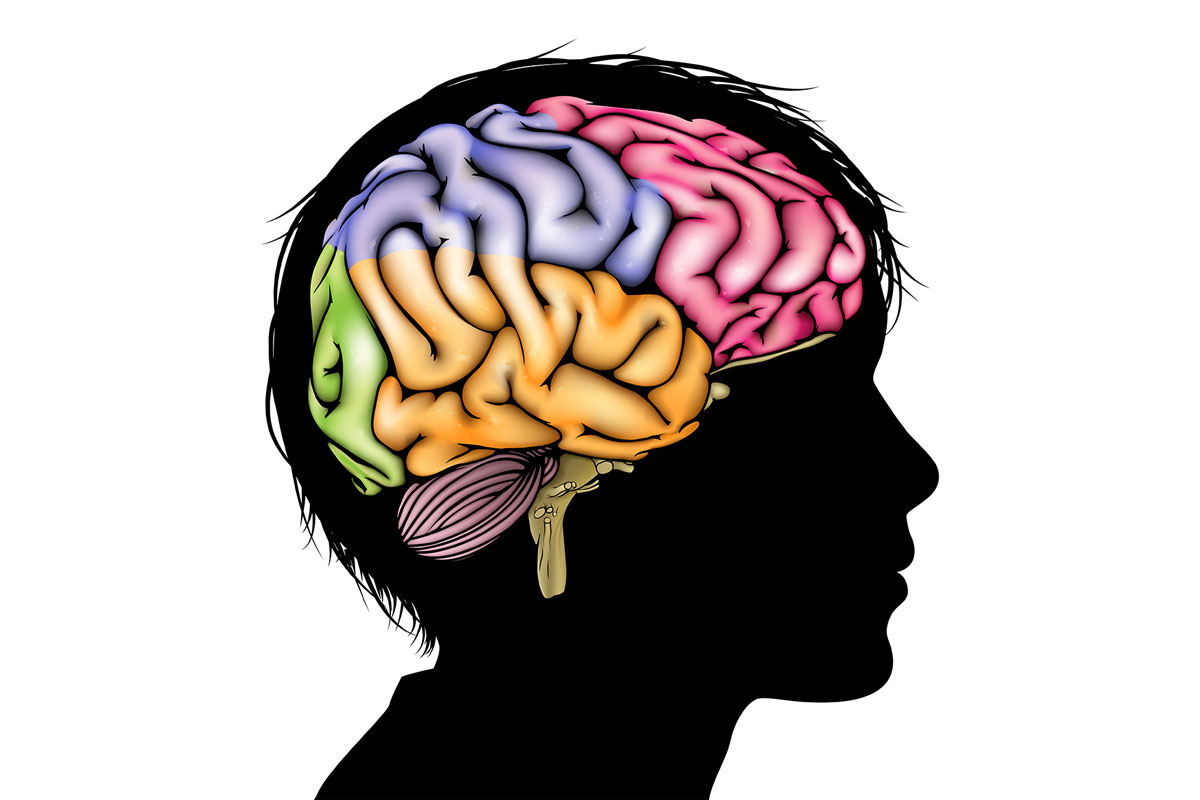
Autism Spectrum Disorder or ASD is a developmental disorder that affects a person throughout a lifetime. It is characterized by impaired social interaction and communication abilities along with the absence of versatility in behaviors and interests. As per 2018 data from the Centers for Disease Control and Prevention or CDC, about 1.7% of American children received a positive diagnosis for ASD.
It is imperative to realize that displaying challenging behavior cannot be regarded as a diagnostic symptom for ASD. However, studies have substantiated that is predominant in persons with ASD than those that belong to the mainstream. To put things into perspective, 94.3% of minors diagnosed with ASD are known to have displayed one or more traits of challenging behavior.
CASE is committed to providing children on the spectrum with significantly improved living standards by sharing our research-derived knowledge, self-help aids, and collective resources.
Functional behavioral assessment or FBA is an evaluation procedure to collect data on how surrounding environment can influence the behavior of an individual. It also helps the therapists understand specific motive/s behind any particular behavior of that the person. Being pivotal in applied behavioral analysis or ABA, FBA aids in identifying the source and class of reinforcing variables that trigger the problematic behavior.
It is a systematic collection of strategies that can be leveraged for figuring out the underlying reason or function of any given behavior. Thus, FBA is immensely beneficial in planning an effective intervention program for learners on the spectrum with inappropriate behavioral problems.
The FBA procedure consists of the following,
a) Formalization of the problem or interfering behavior.
b) Identification of consequent or antecedent events that are causing the problem behavior.
c) Development of a behavioral hypothesis.
d) Validation of the constructed hypothesis.
Gathering information is integral to functional behavioral assessment. Practitioners or teachers often rely on the following tools for addressing behavioral issues in children diagnosed with ASD.
a) Functional communication training or FCT.
b) Differential reinforcement.
c) Response redirection or interruption.
d) Environmental manipulation or stimulus governance.
e) Extinction
FBA offers a necessary foundation for making improvisations on the efficiency and effectiveness of a therapeutic intervention designed for reducing the onset of inappropriate behaviors. Even if the behavior contributes to different functions in varied stimulus settings, error-free functional assessment can be obtained and successful interventions can be accomplished.
| FUNCTIONAL BEHAVIORAL ASSESSMENT | |||||
| Date: _____________________________Date Collected by: ___________________________
Student:_________Grade:_________Age:_________Teacher:_________School:_________ |
|||||
| 1Preferences and Strengths | 2History and Background Information | ||||
| 3 Setting Events – Slow Triggers | 4 Antecedents – Fast Triggers | 5 Inappropriate Behavior/s | 6 Possible Explanations or Hypotheses – Perceived Functions | 7 Potential Consequences for the Inappropriate Behavior/s | |
The above figure showcases an evaluation card for functional behavioral assessment.
FBA is essentially a 3-pronged approach that includes the following,
a) Indirect assessment – Checklists, interviews, questionnaires, and grading scales.
b) Descriptive assessment – ABC narrative recording, ABC continuous recording, and scatterplots.
c) Functional analysis – Direct measurement and monitoring of problematic behavior under control and test settings wherein one of the environmental factors varies while others remain constant.
The major reinforcement contingencies can include the following:
a) Social positive reinforcement – Attention, access to activities, or tangibles.
b) Social negative reinforcement – Avoid or escape a demand.
c) Sensory or automatic reinforcement.
Hence, the 4 major functional analysis conditions can be summarized as follows.
a) Attention
b) Demand
c) Alone
d) Play or control.
With 1 group design study and 5 single-subject studies performed across all domains of communication and behavior involving all age-groups, FBA fulfills evidence-based criteria.
Several evidence-based studies have substantiated that FBA can be most effective for elementary-age through middle-age school children (3 to 15 years).
Generally focused on increasing or teaching appropriate communication choices and reducing objectionable behavior, FBA targets abilities across communication and behavior.
Several evidence-based studies have confirmed its efficacy in addressing behavioral issues, including though not limited to correcting the following kinds of behaviors.
a) Severe
b) Stereotypical
c) Disruptive
d) Escape Motivated
e) Rejecting
f) Leading
Replacement skills can be comprised of increasingly suitable means of communication as mentioned below.
a) Signing
b) Pointing
c) Speaking
d) Application of augmentative and alternative communication or AAC devices.
When Is Functional Behavioral Assessment Effective?
FBA can be readily implemented in myriad communities like, schools, and home-based potential situations.
What to Expect in a Functional Behavioral Assessment?
A completed FBA will include the following.
A) Baseline data
a) Narration of interfering or disruptive behaviors, behavior rates, antecedents that are instigating behaviors, repercussions of those behaviors.
b) Functional analysis of challenging behaviors and understanding of the underlying factors responsible for causing disruptive behaviors.
c) Identification of the ability limitations and skills of the child on the spectrum.
B) Program Plan
a) An elaborate strategy for exploring appropriate resolution for identified target behaviors.
b) Customized curriculum for aiding the child diagnosed with ASD in acquiring vital abilities.
C) Recommendations
a) Behavior intervention services.
b) Training for parents and teachers.
c) Consultations for relevant services and educational placement may also be availed upon request.
At CASE, we are engaged in increasing the general awareness about children with ASD along with improving their acceptability rate in contemporary society.
Schedule a consult today or request a call-back now to know more.